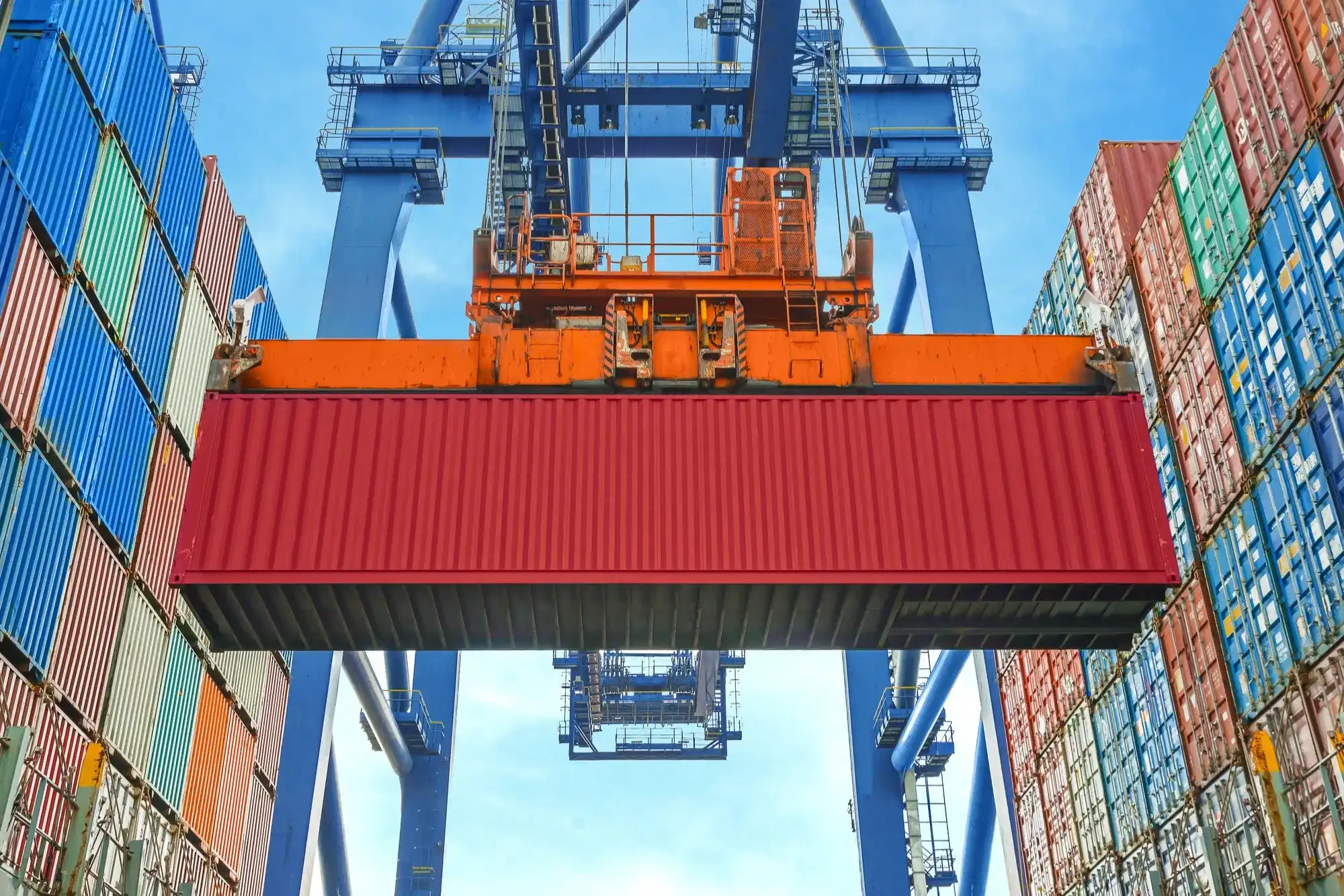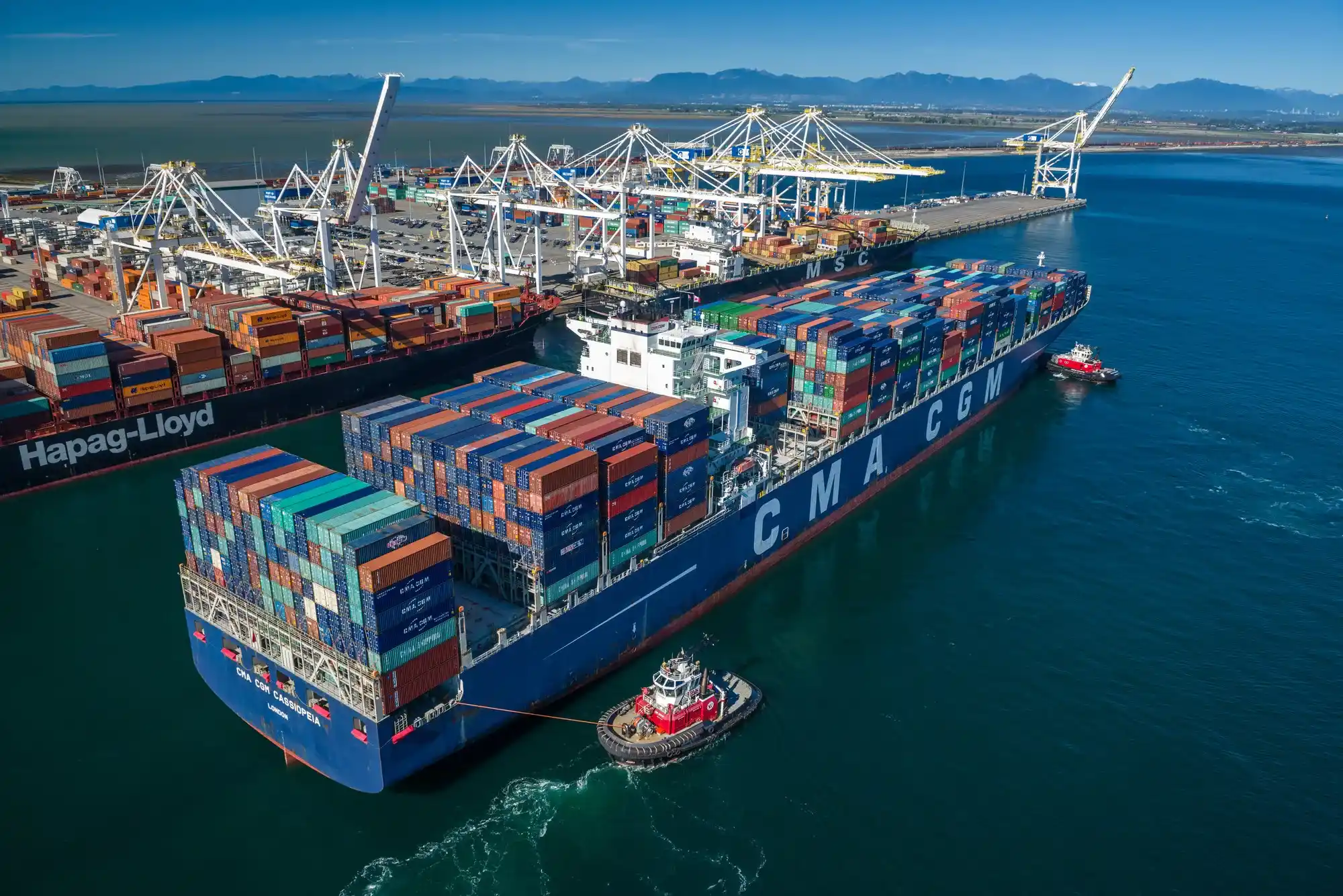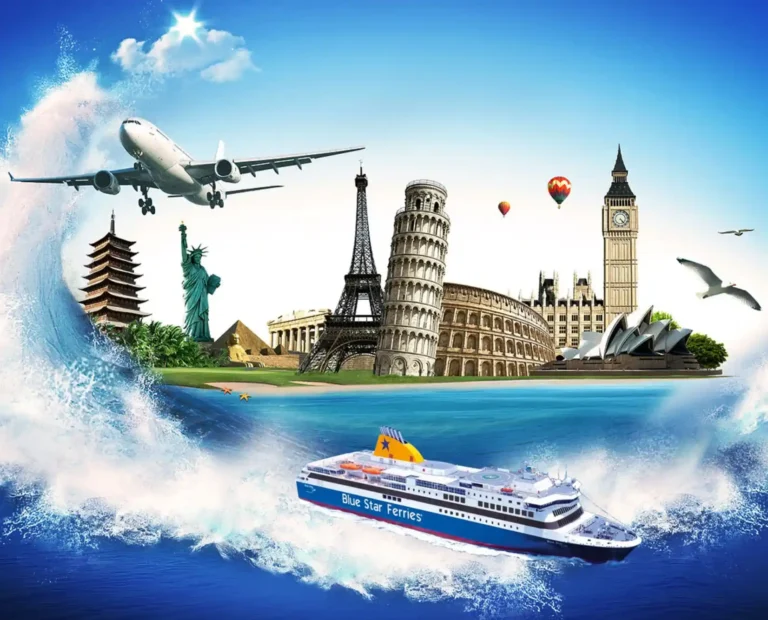International logistics plays a crucial role in today’s interconnected world, enabling businesses to trade goods across borders efficiently. The field is multifaceted, involving a variety of processes, transportation methods, and regulatory requirements. As global trade continues to expand, the demand for robust logistics strategies has become paramount. This article will delve into the critical aspects of international logistics, including transportation modes, challenges, and solutions.
What Is International Logistics?
International logistics refers to the management and coordination of moving goods from one country to another. It encompasses the entire supply chain, from procurement to shipping and delivery, while navigating international regulations, tariffs, and customs. The objective is to ensure that goods reach their destination promptly, safely, and cost-effectively.
The process involves:
- Sourcing: Identifying suppliers from other countries and negotiating terms.
- Transportation: Choosing the right mode of transport—air, sea, or land—to ship products.
- Customs: Handling documentation and ensuring compliance with each country’s regulations.
- Warehousing: Managing storage for imported/exported goods at various stages.
- Distribution: Delivering products to their final destination.
The Importance of International Logistics

In an increasingly globalized world, businesses rely on international logistics to reach new markets, access resources, and stay competitive. Effective logistics strategies reduce costs, streamline operations, and improve customer satisfaction. From small businesses shipping niche products to global corporations, the role of logistics in international trade is indispensable.
For instance, e-commerce giants rely heavily on efficient global logistics networks to deliver products worldwide. Delays, inefficiencies, or miscommunications in this process can lead to customer dissatisfaction and financial losses. Thus, companies must stay informed about the latest trends, regulations, and technologies that impact global trade.
Key Components of International Logistics
Transportation Modes
The backbone of international logistics is transportation. Choosing the right mode depends on factors such as cost, speed, and the nature of the goods being shipped.
- Air Freight: The fastest but often the most expensive option. Ideal for high-value or perishable goods that need to reach their destination quickly.
- Ocean Freight: More cost-effective for large, heavy shipments but takes significantly longer. This is the most common mode for international trade.
- Land Transport: Often used for cross-border trade between neighboring countries. Trucks and trains are the main forms of land transport.
- Intermodal Transport: Combines multiple forms of transportation, such as air and land, to create an efficient supply chain.
| Mode of Transport | Cost | Speed | Common Goods Shipped | Best For |
|---|---|---|---|---|
| Air Freight | High | Fast | Electronics, perishable goods | Urgent, high-value shipments |
| Ocean Freight | Low | Slow | Bulk commodities, machinery | Large, non-urgent shipments |
| Land Transport | Medium | Medium | Consumer goods, vehicles | Cross-border shipments |
| Intermodal | Varies | Medium | Mixed goods | Flexible shipping across regions |
Customs and Regulations
International trade requires adherence to a complex web of regulations. Customs clearance is a critical phase in the logistics process, where goods are inspected, duties are paid, and documentation is checked.
Key Considerations
- Tariffs: Taxes imposed by the importing country on goods.
- Documentation: Includes invoices, packing lists, certificates of origin, and bills of lading.
- Customs Brokers: Often hired to navigate complex regulations and ensure smooth clearance of goods.
- Incoterms: International commercial terms that define the responsibilities of buyers and sellers in the shipping process.
Mismanagement of customs processes can result in delays, additional costs, and even legal penalties. Thus, companies often collaborate with experts to ensure compliance with international laws.
Warehousing and Distribution
Once goods are cleared at customs, they are often stored in warehouses before being distributed to their final destination. Warehousing plays a vital role in ensuring products are available for timely delivery.
- Bonded Warehouses: Facilities where imported goods can be stored without paying customs duties until they are sold or re-exported.
- Distribution Centers: Specialized warehouses designed to speed up the order fulfillment process by sorting and shipping goods efficiently.
Effective warehouse management ensures that goods are stored, sorted, and shipped without delays. Companies may choose to operate their own warehouses or partner with third-party logistics (3PL) providers.
Challenges in International Logistics
Despite its importance, international logistics faces several challenges. Understanding these obstacles is essential for companies to adapt and find solutions.
Geopolitical Issues
Political instability, trade wars, or sanctions can disrupt trade routes and cause delays in shipping. For example, the trade conflict between the U.S. and China led to increased tariffs on certain goods, impacting global supply chains.
Environmental Concerns
International shipping, especially ocean freight, contributes to carbon emissions. As global pressure mounts to reduce environmental impact, companies are looking for greener logistics solutions, such as optimizing routes or investing in more fuel-efficient vehicles.
Currency Fluctuations
Exchange rates can impact the cost of shipping and trading internationally. Fluctuations in currency can affect profit margins, making it important for businesses to hedge against potential losses.
Compliance with International Laws
Navigating varying international laws can be challenging. What may be legal in one country could be prohibited in another. This complexity requires companies to stay informed and adjust their logistics operations accordingly.
Supply Chain Disruptions
Global events such as natural disasters, pandemics, or labor strikes can cause significant disruptions in the supply chain. The COVID-19 pandemic, for example, created major bottlenecks in international logistics, with ports experiencing congestion and delays.
Solutions and Trends in International Logistics

To overcome these challenges, companies are adopting new technologies and strategies to improve their international logistics operations.
Digitalization and Automation
The adoption of technologies such as artificial intelligence (AI), machine learning, and automation is transforming international logistics. AI-powered systems can predict demand, optimize routes, and improve decision-making processes. Meanwhile, automation in warehouses and distribution centers increases efficiency and reduces human error.
Blockchain for Supply Chain Transparency
Blockchain technology is increasingly being used to create transparent and secure supply chains. This allows stakeholders to track shipments in real-time, improving accountability and reducing fraud.
Green Logistics
As environmental concerns grow, companies are investing in greener logistics solutions. Electric trucks, alternative fuels, and carbon offset programs are becoming more common in an effort to reduce the environmental footprint of global shipping.
Third-Party Logistics (3PL) Providers
Many businesses are partnering with third-party logistics providers to manage their global supply chains. These providers offer specialized expertise in handling international shipping, customs, and distribution. Outsourcing these functions allows companies to focus on core activities while benefiting from the logistics provider’s global network.
International logistics is a complex but essential aspect of global trade. Understanding its components—transportation, customs, warehousing, and distribution—helps businesses navigate the challenges of cross-border shipping. As global markets continue to evolve, companies must adapt their logistics strategies, incorporating technology and innovative solutions to stay competitive.
FAQs About International Logistics
What is international logistics?
International logistics refers to the coordination and management of moving goods across borders, involving transportation, customs, warehousing, and distribution.
Why is international logistics important?
It allows businesses to reach global markets, access resources, and improve operational efficiency by ensuring goods are delivered on time and at the lowest cost.
What are the challenges in international logistics?
Challenges include geopolitical issues, environmental concerns, currency fluctuations, compliance with international laws, and supply chain disruptions.
What are the modes of transportation in international logistics?
The primary modes include air, ocean, and land transport, as well as intermodal transport, which combines multiple methods.
How can businesses overcome challenges in international logistics?
Businesses can adopt new technologies such as AI, blockchain, and automation, or work with third-party logistics providers to improve efficiency and overcome logistical challenges.










